
Work on the construction of a hostel facility at the Korle-Bu Teaching Hospital (KBTH) for caretakers of children with cancer has come to a halt and abandoned for about seven months due to lack of funds.
The KBTH in February 2017 provided a land for the construction of a hostel facility to facilitate the treatment of childhood cancer patients who travel from far places to seek medical treatment for their wards at the hospital.
A sod was cut by the First Lady, Mrs Rebecca Akufo-Addo , on the celebration of the World Childhood Cancer Day, a year ago, to mark the beginning of the construction of the hostel lead by the Ghana Parents Association for Childhood Cancers (GHAPACC) at an estimated cost of about GH¢ 3.2 million.
When Ghanaian Times visited the project last week, it observed that not much progress has been made on the project.
A caretaker, who spoke on condition of anonymity, said work on the project has halted for about seven months due to lack of funds and other building materials.
"We are not working because we are not receiving money for the project, if we receive the money, we will work," he said.
Dr Kwame Aveh, president of the Ghana Parents Association for Childhood Cancers (GHAPACC) said an accommodation to house parents and childhood cancer patients around the KBTH was needed to lessen the stress parents and the children faced when seeking cancer treatment.
He said the association has so far spent about GH¢800,000 on the project and needed about GH¢2.4 million to complete the project and called on the public to assist.
The project has according to him come to a halt due to lack of funds "we cannot do it alone and we need the public to support us to save the lives of children with cancer".
He said although it was prudent to set up childhood cancer treatment centres in all the regions with the capacity to provide rapid diagnosis and treatment including supportive care, the hostel comes in handy while that was been done.
According to him, more that 80 per cent of childhood cancer patients who are seen at the KBTH are referred from facilities outside Accra and beyond Ghana, but parents of the affected children give up on treatment due to lack of accommodation and funds to carry on with treatment duration of treatment as required.
"Due to the cost of travelling to Accra and the cost of lodging at a place in Accra to seek medical treatment about 30 per cent out of the 80 per cent of patients abandon treatment after few visits thereby leaving the children to their fate," he explained.
Dr Aveh stated that parents whose children are affected with cancer abandon treatment not because they have lost hope or given up but rather due to accessibility challenges, such as geographical cost of treatment, lack of affordable accommodation and the difficulty in transporting the young ones to and from the hospital.
Dr Ernestina Schandorf, a Paediatric Resident Doctor at the KBTH said the KBTH for instance diagnoses between 1,200 and 1,500 childhood cancer patients in a year, and the numbers kept increasing by the year, hence an urgent need for a hostel.
"Treating cancers are very expensive and take a long time, mainly between periods of six months to three years or more, unlike breast cancer treatment which is supported by the NHIS, childhood cancer is not and children affected are left to their fate to struggle for survival on their own," he explained.
Dr Schandorf explained that one may require as much as GH¢2,000, to investigate a cancer in a child and between GH¢4,000 and GH¢20,000 for radiotherapy for childhood cancers and about GH¢ 1,500 for a set of medications.
She called for the inclusion of childhood cancer treatment cost on the National Health Insurance Scheme (NHIS) to ease the financial burden on parents whose children have cancers as the treatment of childhood cancer was expensive and not covered by the NHIS.
Dr Schandorf advised parents to report signs of childhood cancer early to the hospital to help save lives, adding "time was of essence when treating childhood cancer patients, and late presentation and lack of funds makes treatment very difficult".
Childhood cancer is cancer in children and cancer is an abnormal division of dysfunctional cells that develops and destroyed the normal cells in the human body.
It can start right at birth in children and are not life style dependent as compared to that of adults, it is however curable when presented early to hospital for treatment.
It is estimated that about 250,000 children get cancer yearly across the globe, with about 80 per cent of them found in developing countries, not adequately treated or diagnosed.
Unfortunately, only about 20 to 30 per cent of the children with cancer in developing countries receive treatment and their survival rate are usually not more than 20 per cent due to late representation, lack of funding and treatment representation amongst other reasons.
In Ghana, there is no comprehensive data on the magnitude of childhood cancers but it has been estimated that about one in 500 children could be affected by age 15.
Childhood cancers claim the lives of many Ghanaian children every day, in Ghana. The most common cancer that affects children are the cancers of the blood, immune system, lymph, the eye, brain and kidney.
Signs and symptoms of childhood cancer include unexplained weight loss, headaches, often with early morning vomiting, increased swelling or persistent pain in the bones, joints, back, or legs and development of excessive bruising, bleeding, or rash.
Read Full Story
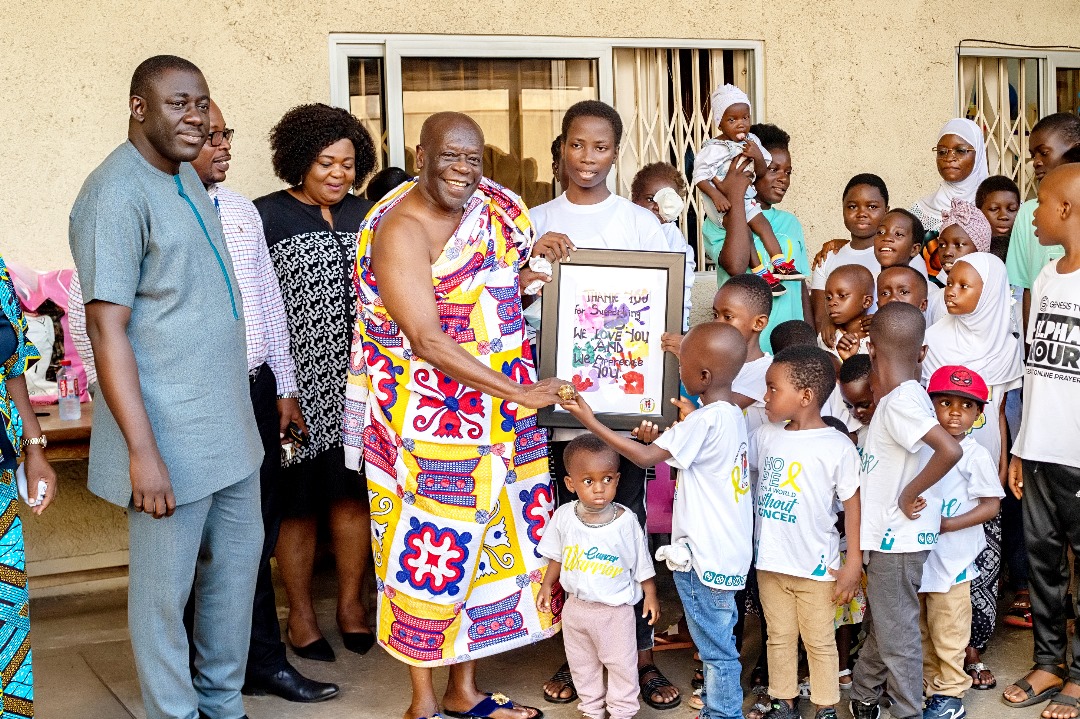

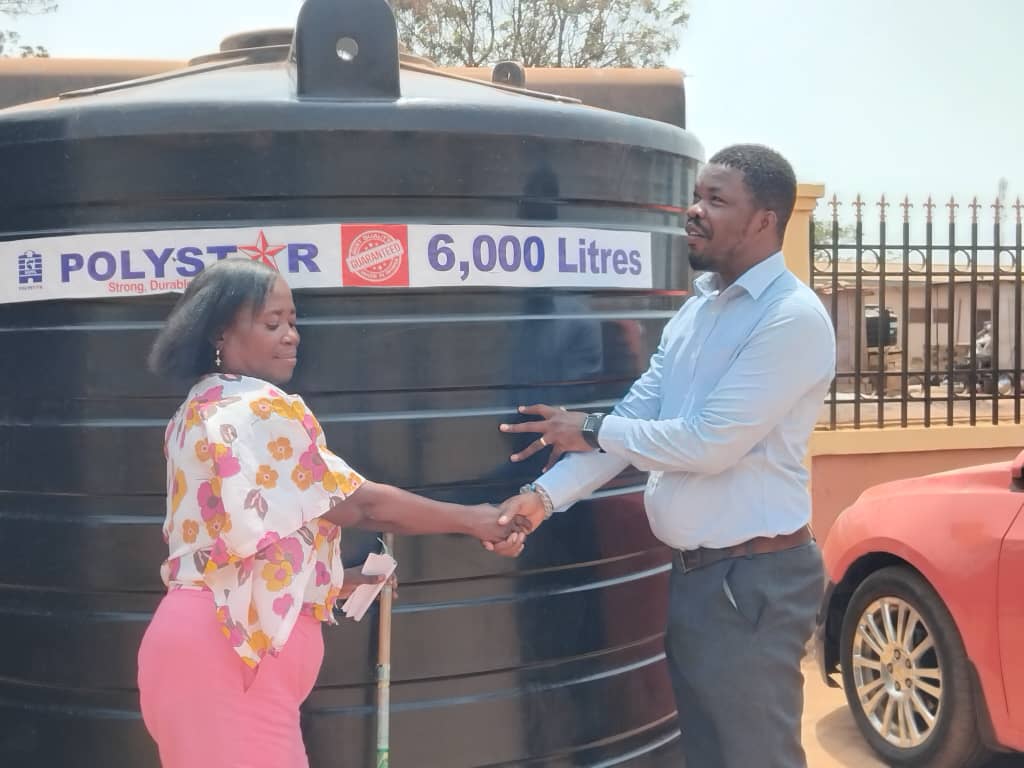
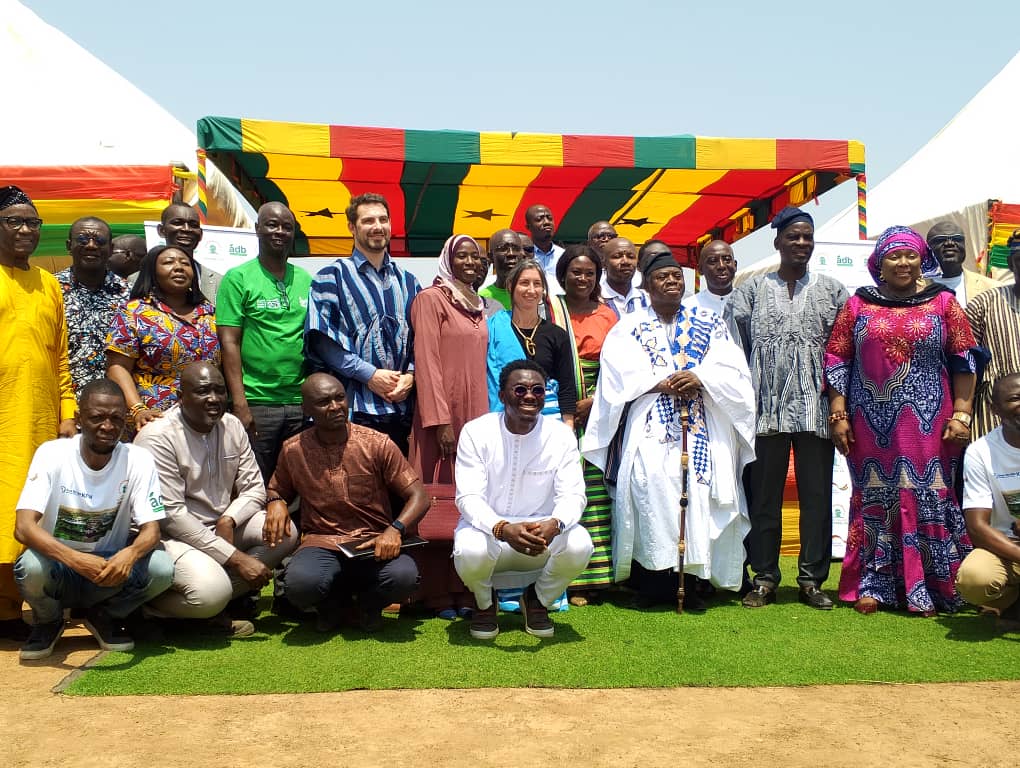

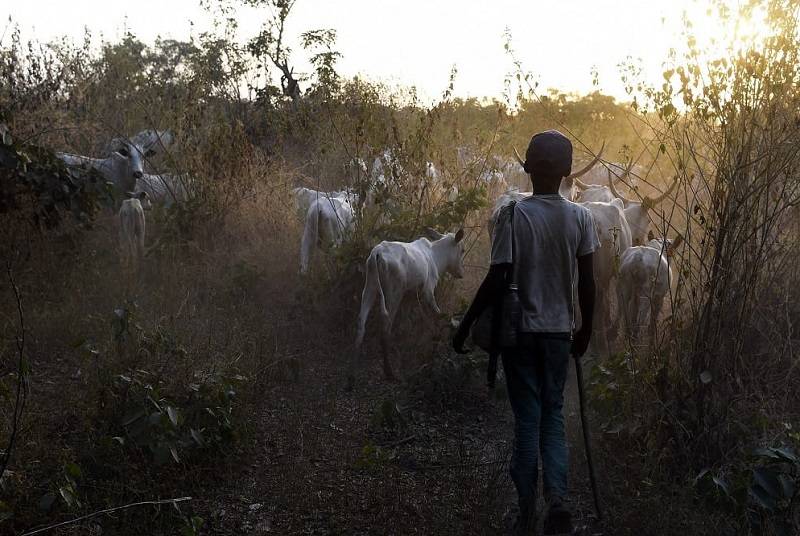
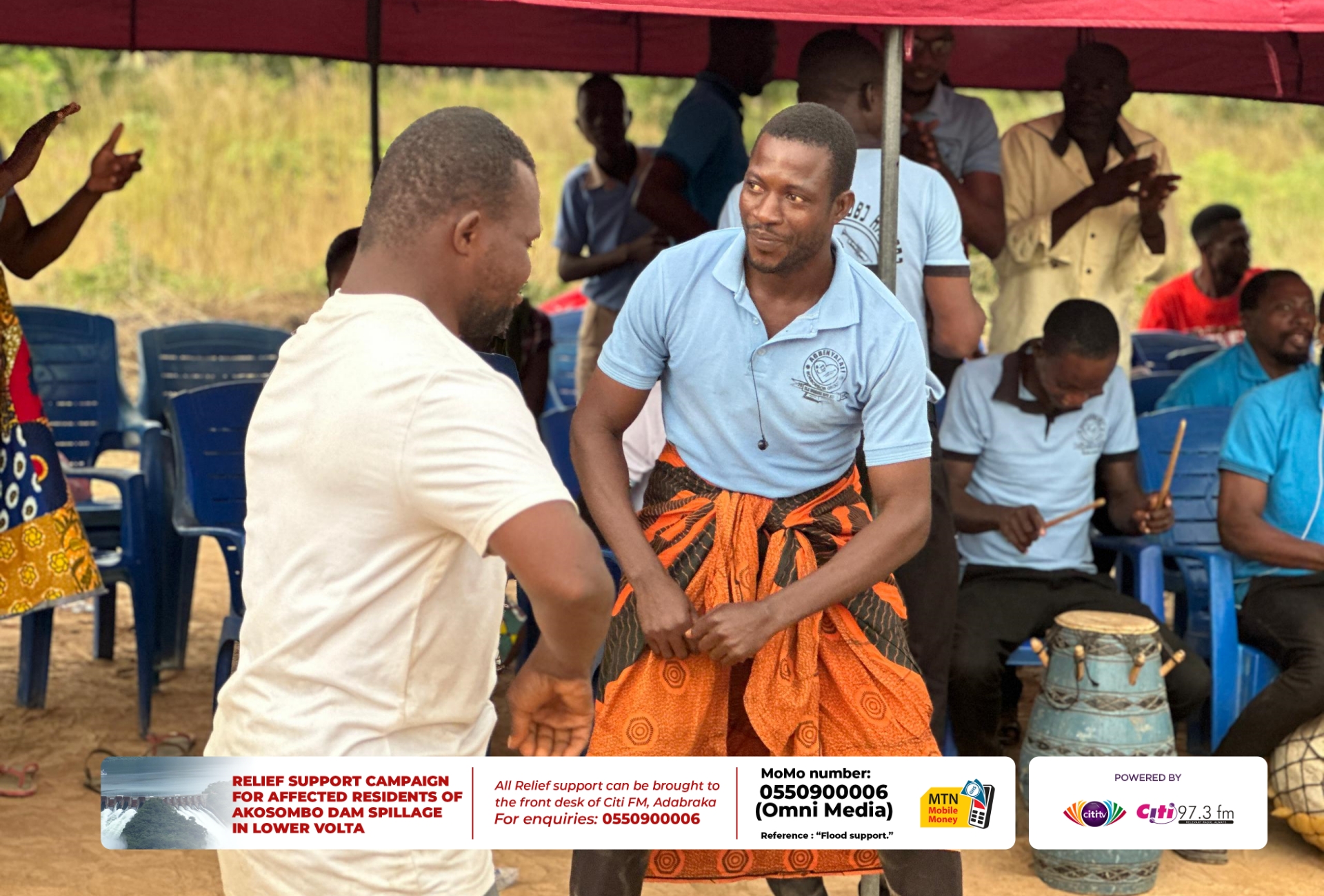
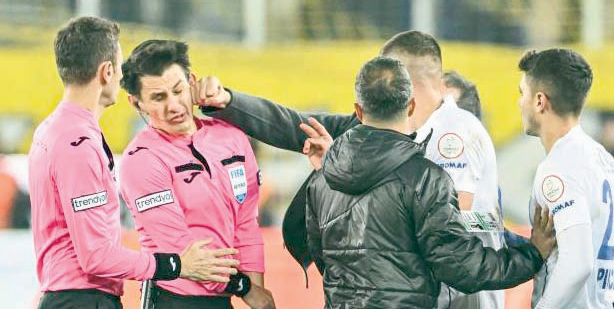


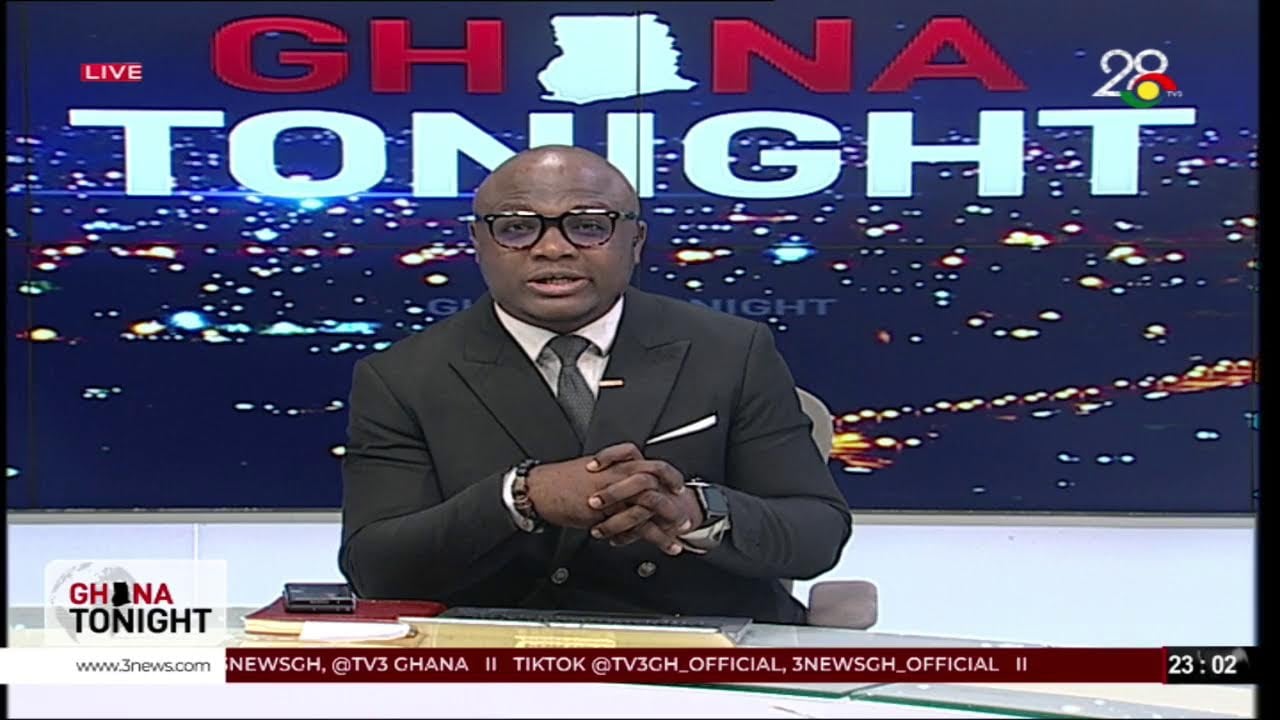









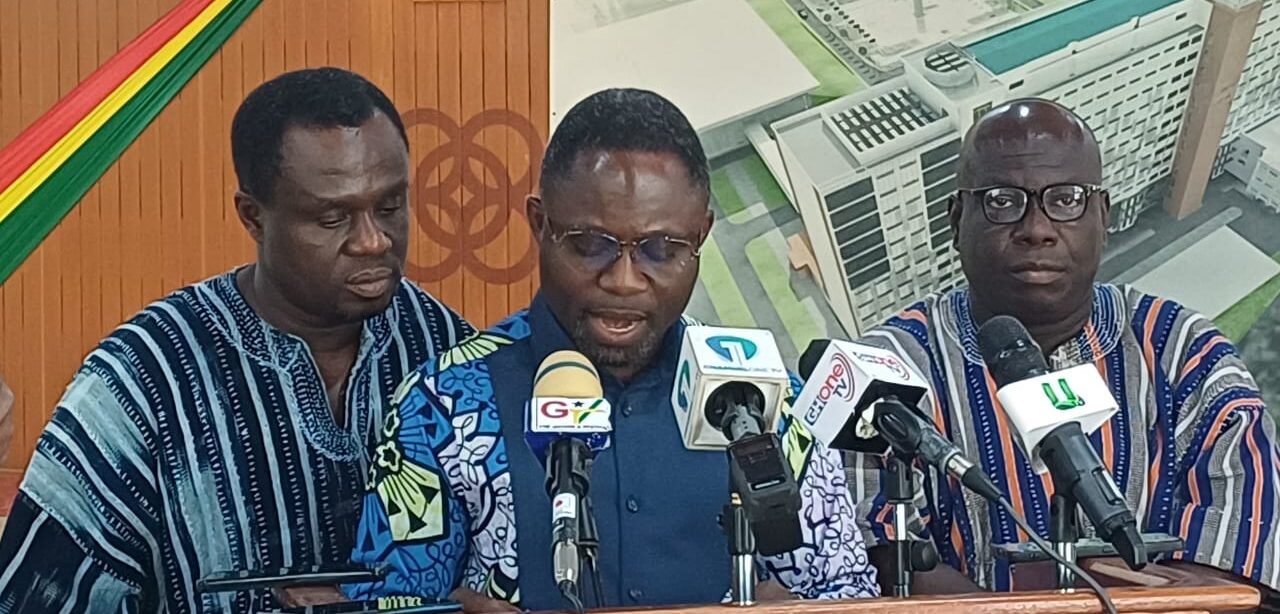


Facebook
Twitter
Pinterest
Instagram
Google+
YouTube
LinkedIn
RSS